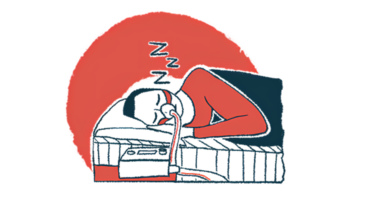Survey Seeks Input About Pandemic’s Effect on Mental Health of PWS Youth

An online survey from Trinity College Dublin is seeking input from the parents and caregivers of young people with Prader-Willi syndrome about the impact of the COVID-19 pandemic on the children’s mental health and behavior.
Besides Prader-Willi, the scientists are also studying patients with autism, as well as those with other mental health or developmental disorders.
Measures to protect individuals during the pandemic are essential to minimize risk of exposure but might — as in the case of social distancing and school closures — affect the mental well-being of young people.
As part of an international project in Ireland, the U.S., Canada, Italy, and other countries, the team at Trinity College hopes that information provided via the CoRonavIruS Health Impact Survey (CRISIS) will advance understanding of the pandemic’s impact on young people around the globe and help develop appropriate mental health services.
The survey will take about 20 minutes and respondents will be invited to participate in a follow-up survey six weeks later, to evaluate ongoing effects. Overall, the survey will be conducted every eight to 12 weeks over two years. Follow-up participation is not required but is expected.
If a child participated in an Autism Research Group study at Trinity College Dublin or has had clinical mental health appointments at Linn Dara CAMHS or Beechpark Autism services, access to clinical information will be requested. Participants who have not received such services or were part of prior research at Trinity College will be asked to complete the survey only.
All personal information will be kept secure and private, in compliance with the General Data Protection Regulation and relevant local laws. The only exception might be if a child is identified as being at risk, in which case appropriate child protective services would have to be notified.
Data will be maintained for 10 years. Then, the data will be anonymized and no longer linked with personal details.
Anonymous data from consenting individuals will be shared with the international CRISIS consortium to study the effects of COVID-19 on mental health and behavior between countries.
Trinity College notes that rights to clinical services will not be affected by survey participation.
Concerns, complaints, and questions can be sent directly to the study’s principal investigators, Louise Gallagher, MD, PhD, and Jane McGrath, MD, PhD. Their contact information is here, along with more details.






